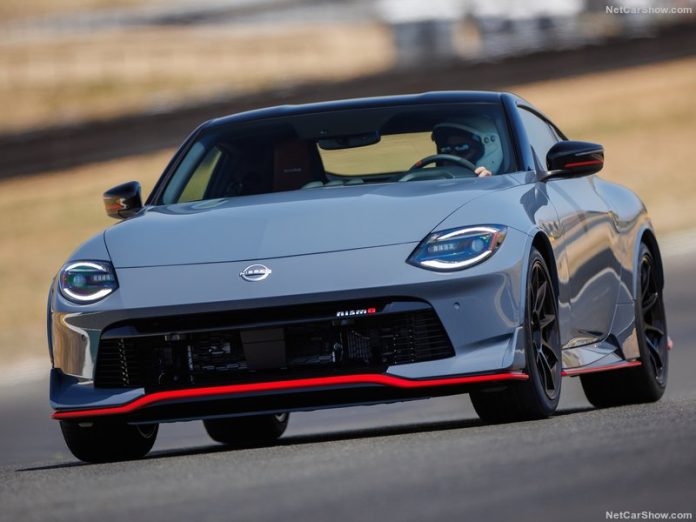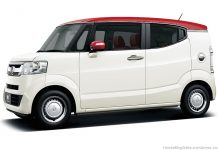Japan Auto Market struggles. March reports 383,505 new registrations (-19.7%) confirming slow performance in Q1. YTD sales in fact at 966,737 are down 16.1% compared to the prior year. Daihatsu falls drastically, losing 80.4% in year-on-year volume.
Market Trend and Outlook
The Japanese car market in March 2024 registered 383,505 new units, an 19.7% setback compared to the previous year. The third consecutive negative month after a positive trend that lasted for 16 months. YTD sales reach 966,737 units (-16.1%).
Looking at cumulative data up to March 2024, brand-wise Toyota maintained 1st with 293,186 sales (-28.1%), followed by Honda at 175,949 (+11.9%), Suzuki at 169,568 registrations (+16.7%), Nissan -up 1 spot- at 126,815 (+5.1%), Mazda -up 1 spot- with 36,646 sales (-32.0%), Mitsubishi -up 3 spots- at 31,993 (+26.5%) and Subaru -up 1 spot- with 25,733 new registrations (-1.9%).
Daihatsu falls 4 spots ranking in 8th with 24846 sales (-80.4%), in front of Lexus -down 2 spots- with 23,857 sales (-15.2%) and Mercedes closed the Top 10 with 13,429 new car registrations (+2.3%).
Looking at specific models the Honda N-Box was the best seller despite a 19.2% decrease in year-on-year sales, followed by the Toyota Corolla -up 1 spot- down 8.8%.
Medium-Term Market Trend
The Japanese auto-market in the last decade hasn’t performed amazingly, with its last great surge dating back to 2012 (+28.7%) and the current all time high being set in 2014 when 4.7 million yearly sales were registered. Sales fluctuated above 4 million sales up to 2019.
With the global pandemic in 2020 the entire world economy slowed down drastically, stores and manufactures closing down and most economies taking a beating. The Japanese auto market was no exception falling 11.1% and bringing sales below the 4 million mark. Although the Japanese market did drop compared to other economies it stood its ground relatively well.
In the last few years the Japanese auto market hasn’t completely recovered from the fall in 2020, with yearly sales not surpassing the 4 million. External factors are to blame for this fall in demand for automotives: firstly the lack of raw materials has lead car manufacturers to raise prices and waiting times for cars; another reason is that more and more manufacturers are pushing towards electric that on average costs much more than a diesel or petrol car. This being said despite the terrible performance in 2022, the Japanese market still maintains one of the largest auto markets in the world.
In 2023 total sales were 3.99 million units, a 15.8% increase compared to the previous year.
Tables with sales figures
In the tables below we report sales for all Brands, top 10 Manufacturers Group and top 10 Models.











